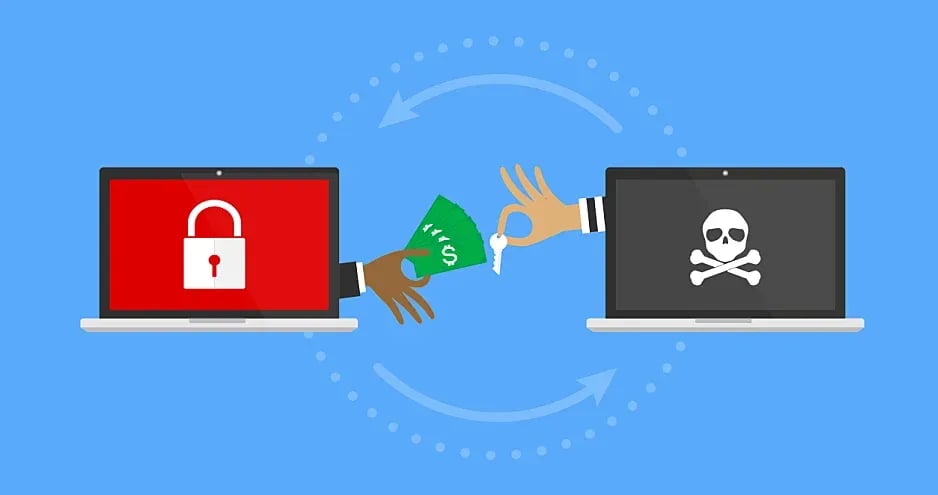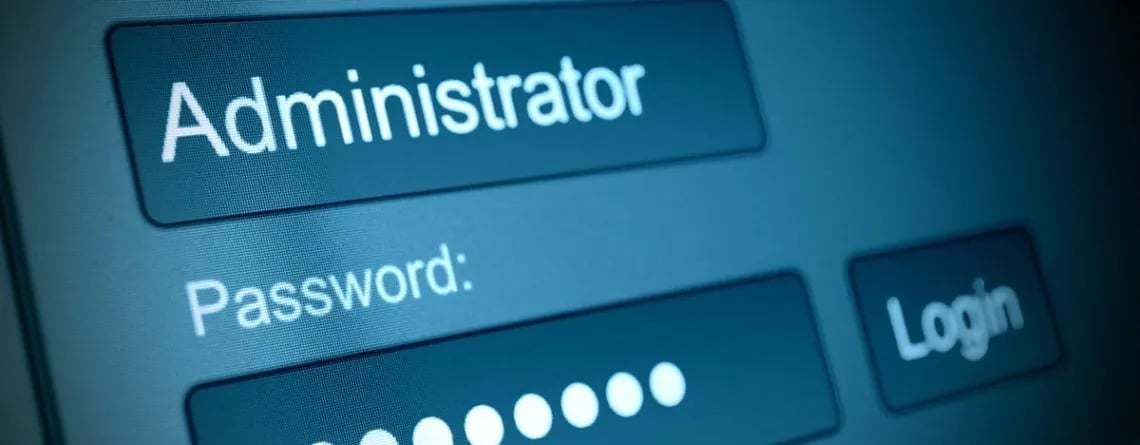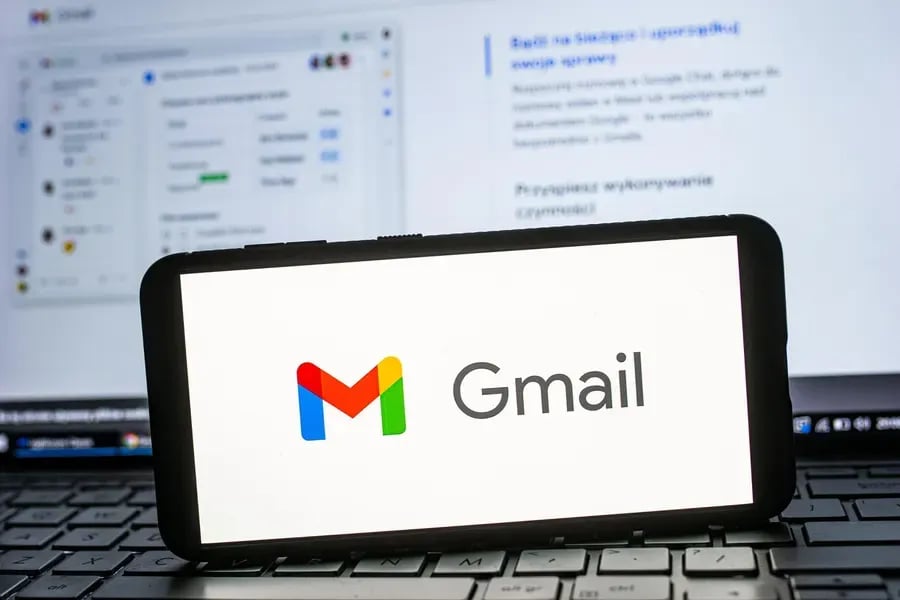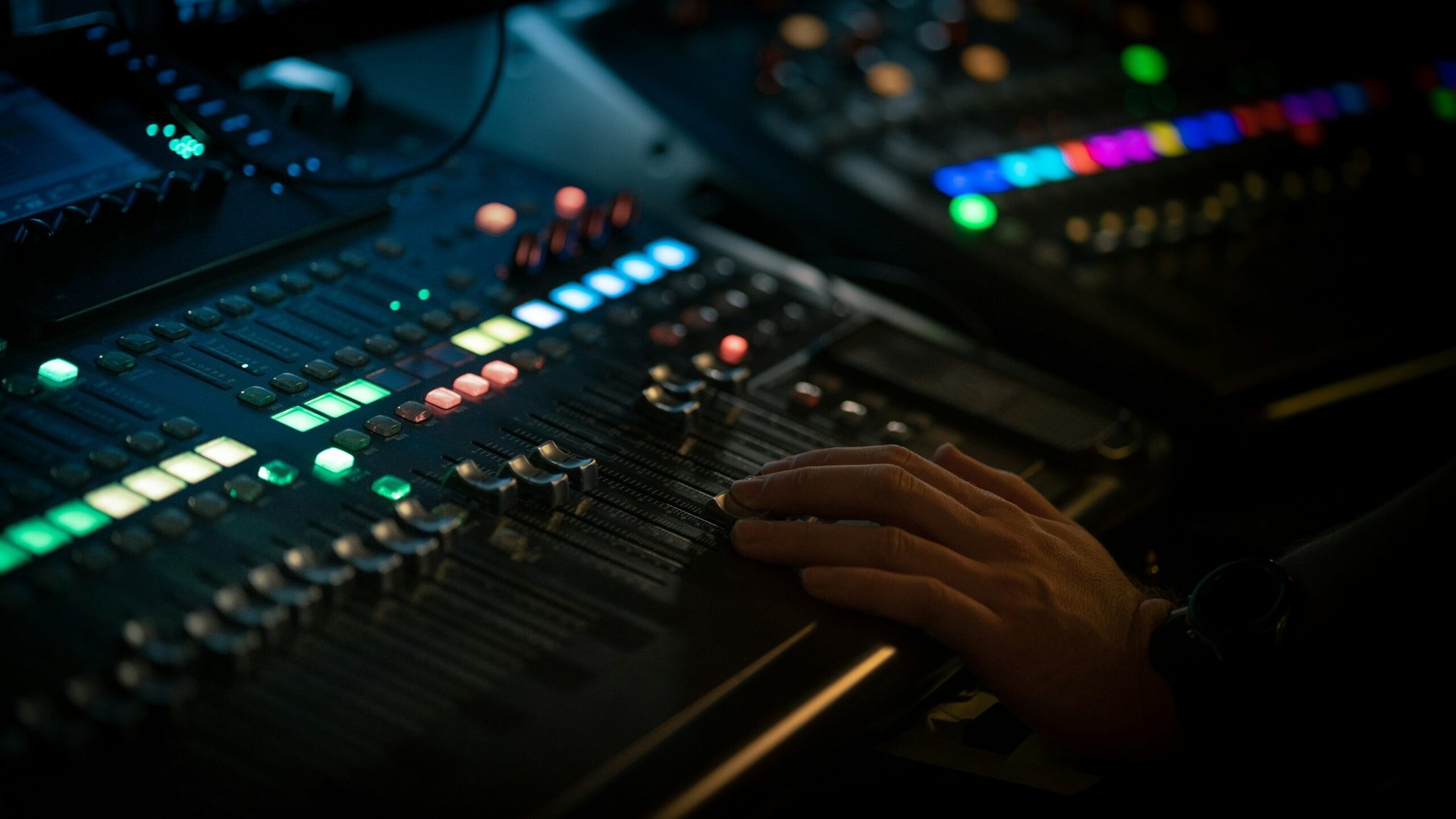Deepfakes and AI: A Growing Threat to Churches
Technology has revolutionized how churches connect with their congregations, spreading messages of faith beyond physical walls through live-streaming, podcasts, and social media. But as with any powerful tool, technology also presents new risks—some of which the church is not fully prepared to handle.
One of the most alarming developments in artificial intelligence is deepfake technology, which enables bad actors to create highly realistic fake videos and audio recordings. Deepfakes can replicate a pastor’s voice, mannerisms, and even their facial expressions with near-perfect accuracy. In an era where digital communication is increasingly the norm, this presents a serious challenge for churches.
How Deepfakes Work
Deepfake technology uses AI-powered neural networks to analyze a person’s voice and video, learning their speech patterns, tone, and inflections. With just a few minutes of recorded footage or audio—easily accessible from church live streams, YouTube sermons, or podcasts—AI can create a convincing imitation of a pastor’s voice or even generate a fake video message.
These AI-generated fakes can be used in a variety of ways to deceive congregations and exploit their trust. One of the most concerning threats is financial fraud.
Exploiting a Pastor’s Voice to Redirect Giving
Imagine receiving a voicemail or email from your pastor, encouraging you to give to a "special mission fund" or "emergency relief effort." The voice sounds exactly like your pastor. The message is personal, heartfelt, and urgent. The only problem? It’s not real.
Scammers can use AI-generated deepfake audio to impersonate church leaders and convince members to donate to fraudulent accounts. They can also send video messages, seemingly from the pastor, directing members to wire funds to a "secure" location or contribute through a fake website. Because many churches emphasize generosity and giving as an act of faith, members may respond without questioning the authenticity of the message.
This is not just hypothetical—similar scams have already been executed in the corporate world. CEOs and executives have been impersonated using AI voice cloning to authorize fraudulent financial transactions. The same tactic could be used against churches, but with even greater consequences.
The Impact on Churches
The potential damage of deepfake exploitation goes beyond financial loss. It’s a matter of trust.
- Reputation Damage – Once a deepfake scam is exposed, a church’s credibility could take a major hit. Members may question future financial appeals, making it harder for the church to fund missions, outreach, and operations.
- Congregational Division – If a deepfake is convincing enough, it could be used to spread misinformation, create division, and sow distrust within the church body. A fabricated video of a pastor saying something controversial could lead to internal conflict and even church splits.
- Legal and Financial Fallout – If donations are stolen through a deepfake scam, the church could face legal and financial challenges in trying to recover lost funds. Insurance may not cover fraud of this nature, and the church could struggle to rebuild donor confidence.
How Churches Can Protect Themselves
Churches must take proactive steps to defend against deepfake threats:
- Educate Staff and Congregation – Awareness is the first line of defense. Church members need to know that these scams exist and be cautious when receiving unexpected financial requests, even if they appear to come from trusted leaders.
- Implement Secure Giving Platforms – Encourage members to only give through official church websites and apps. Reinforce that the church will never ask for donations via personal phone calls, text messages, or random links.
- Use Multi-Factor Authentication (MFA) for Financial Transactions – Require additional verification for any major financial transactions, ensuring that no one can redirect funds without proper authorization.
- Monitor for Deepfake Attacks – AI detection tools are emerging that can help identify deepfake videos and audio. Churches should stay informed about these technologies and consider using them to verify suspicious messages.
- Limit Publicly Available Media – While churches want to spread their message, they should be cautious about publishing high-quality audio samples of pastors. A balance between digital outreach and cybersecurity awareness is essential.
The Bottom Line
Deepfakes represent a real and growing threat to churches. As AI technology advances, so do the methods bad actors use to exploit it. Churches must recognize the risks and take proactive measures to protect their leaders, finances, and congregations. Trust is one of the most valuable assets a church has—don’t let AI deception erode it.
Now is the time for church leaders to have serious discussions about AI security, fraud prevention, and digital trust.The church has long been a place of faith, hope, and integrity—let’s make sure technology strengthens, rather than undermines, that foundation.











